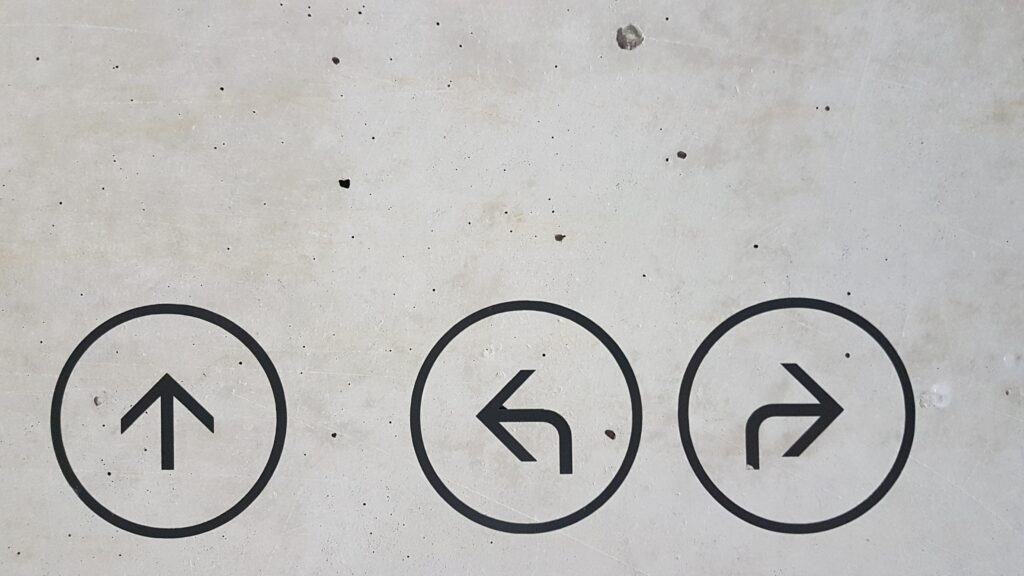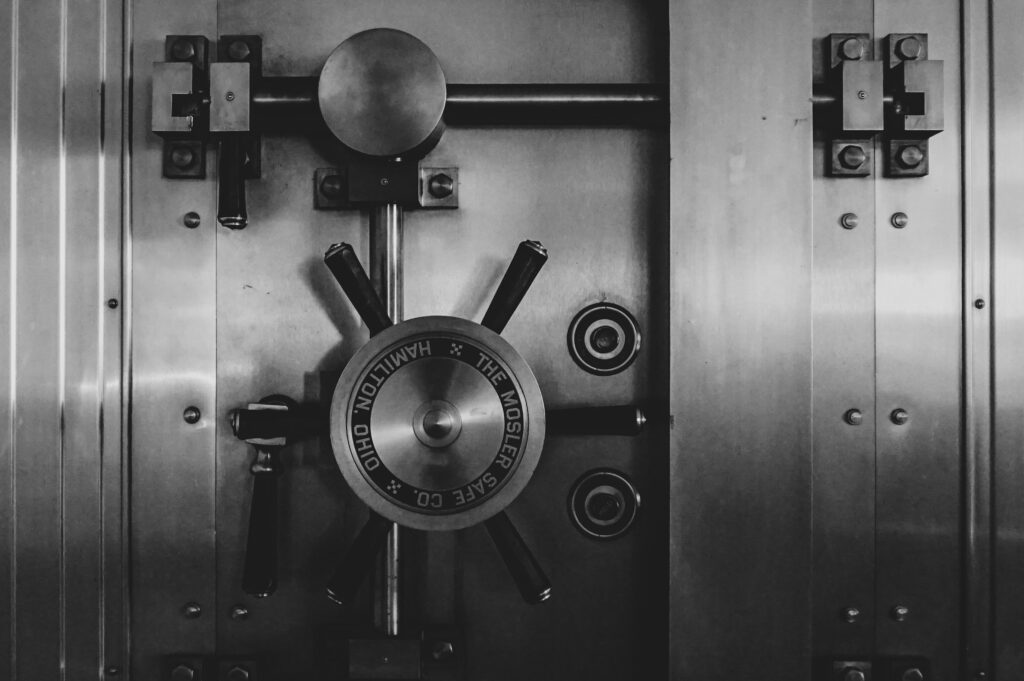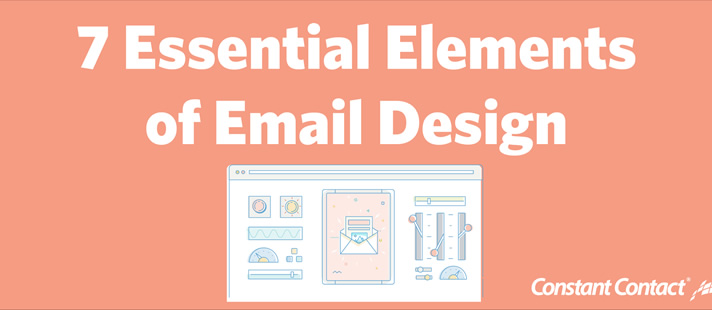Any business owner should have a business bank account. This separate account allows you to keep track of your business transactions and finances, making it easier for you to stay organized. You may have found that when you started looking into business bank accounts there were many options. From opening an account at the bank where you bank personally to choosing an online solution for business banking, your options are varied.
This article will help you make a decision based on the pros and cons.
Why you need to open a business account
It is important to have a separate Business Bank Account for several reasons. It allows you to separate your personal finances from your business, making it easier for you to track your income and expenses and make informed business decisions. This helps establish your business as an independent entity which protects your assets in case of financial or legal difficulties.
To apply for funding, you will also need to have a business account. Most lenders will not accept personal bank statements. Since many lenders will require three to six month’s worth of bank statements as part of the application process, you must have used your business account for that time period before applying for funding.

How to select a business banking account
There are several factors to consider when choosing a bank account for your business, such as the services offered, fees and accessibility. Assess your business’ needs and choose the account that suits them best.

What is a digital bank, an online bank, or a branchless one?
We’re not referring to all digital banks, but rather those that do not have physical branches. Online banks are also known as “branchless banks” because of this. NorthOne, Novo and Mercury are examples.
Branchless banking: pros and cons
Benefits of Branchless Bank Accounts
-
- Overdraft and ACH fees are usually lower.
- Annual yield percentages (APYs) are usually higher.
- They tend to have lower (or even no) balance requirements making them more attractive for new businesses
- Opens up faster and requires less documentation
Cons of branchless banking accounts
-
- No physical branches or limited ones
- ACH services are often limited and slow, especially for complex transactions
- Bankers can provide personalized guidance and support to loan applications
Select if you:
-
- You want lower fees, minimum balances and higher APY
- You don’t need to make many complex transfers or transactions.
- Working with a banker would not be beneficial to you

What is a brick-and-mortar or traditional bank?
The traditional banks are the ones you know: Chase, Bank of America and others. Local banks and credit unions are also included in this category. For the purpose of this article, traditional banks are distinguished by their physical branches and comprehensive service offerings.
The pros and cons of brick and mortar or traditional bank accounts
The advantages of traditional bank accounts
-
- Build a relationship with your banker, who will guide you through the process and support funding applications
- Cashier checks and other services are available at physical branches.
- Support for complex transactions, such as same-day transfers
- Neobanks that only operate online are less likely to be closed than traditional banks
Cons of traditional banking accounts
-
- Most often, there are higher fees or higher minimum balances.
- A lower APY is more likely to occur
- Online banking is not always convenient
Select if you:
-
- You want a more personal banking experience
- For in-person transactions, you need to be able to access physical branches
- Need services like same-day wire transfers and cashier’s checks regularly
Alternative: Go hybrid
If you are still not sure which bank account you should choose, consider a hybrid account, which offers the best of both digital and traditional accounts. Many business owners choose a branchless banking option to benefit from a higher APY while maintaining a traditional account for emergency situations and relationship building. Some people choose to open digital bank accounts when they are brand new and then switch to traditional banks once they have enough money to cover minimum balances and fees.
What to consider when choosing between a traditional and digital bank
Your business needs will ultimately determine whether you choose a traditional or digital business account. Choose the account that is best suited to your needs today. As you grow, and as your needs change, it is possible to make changes. You can choose a hybrid strategy if you are still uncertain.











Leave a Reply